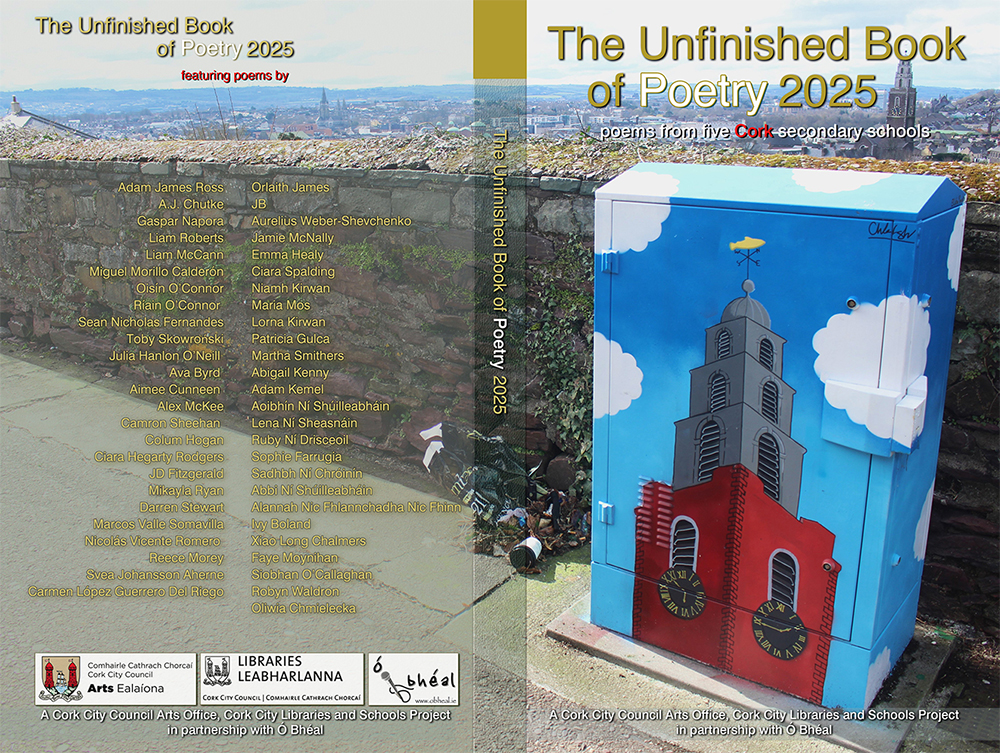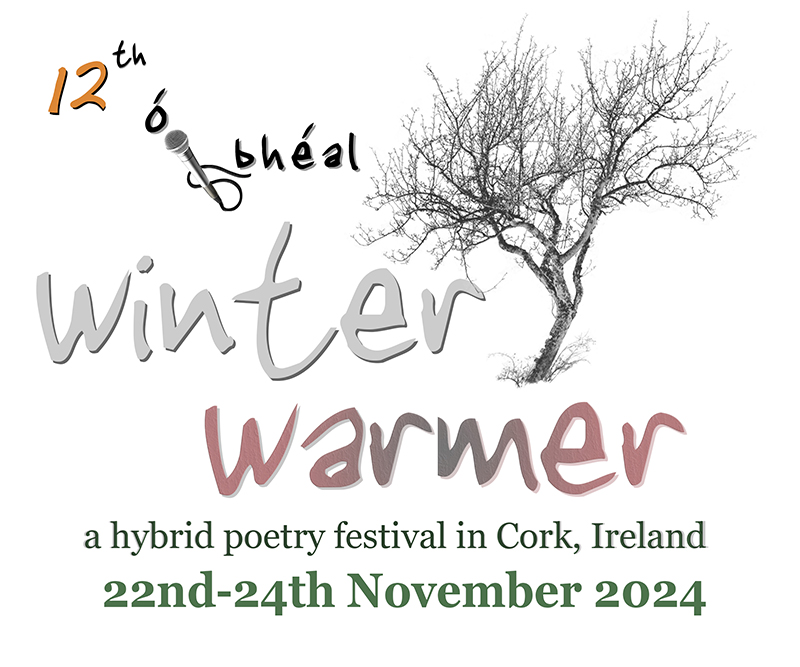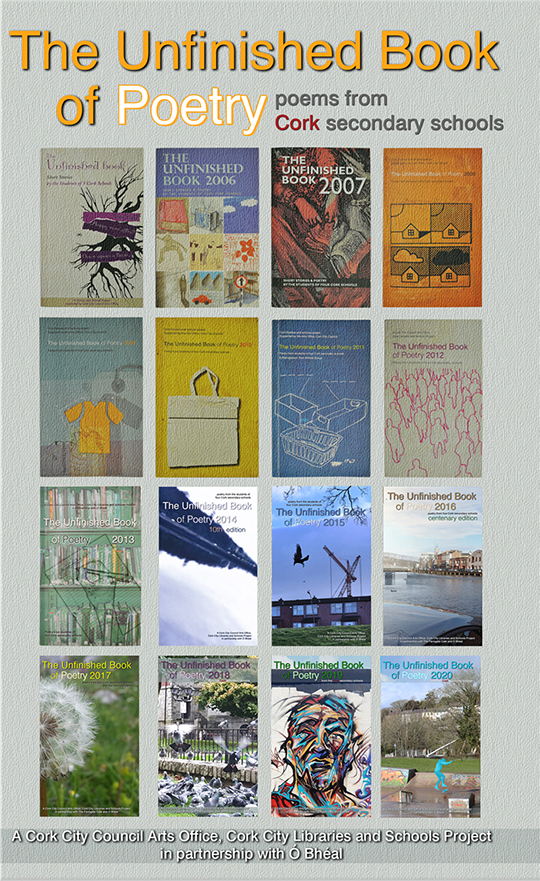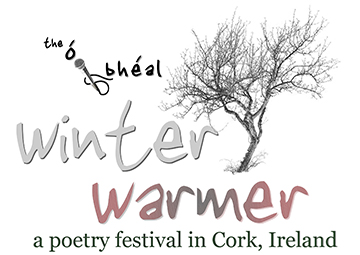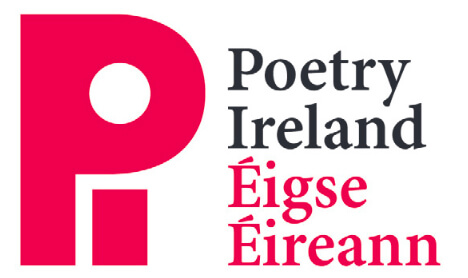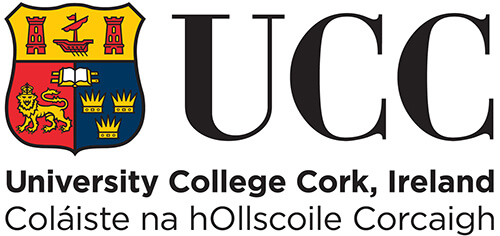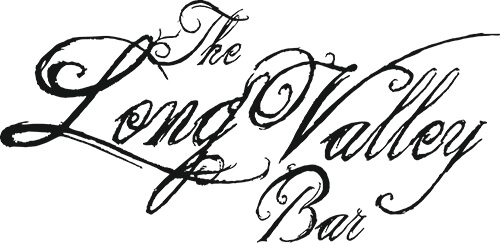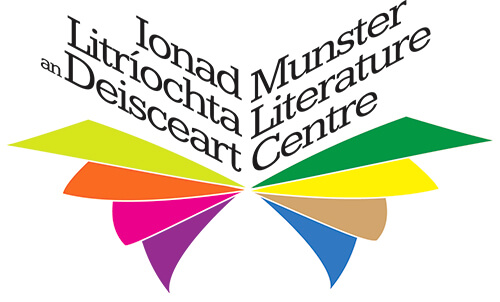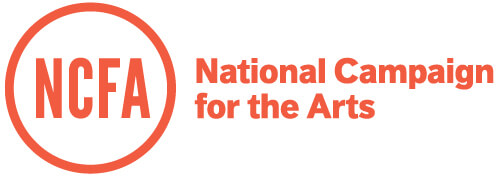Interviewed by Jennifer Matthews
JM: Some of poems you read were quite spiritual, yet anchored in nature through surprising conduits like cows or earthworms. Would you say writing is a spiritual act?
KS: I hesitate to say that writing, in itself, is a spiritual act. But I have had, for some decades now, a spiritual view of nature which includes all of the physical world, including earthworms, and that naturally enough makes its way into some of my poems.
JM: Is there any particular time of day or place that you find most conducive to writing?
KS: Although I have impulsively begun poems on a bus, out in the garden, by the roadside, etc., I have written most often and best in a familiar location, in the morning. Just now, the familiar location is my study, and I try to get there early in the day before cares and considerations have a chance to distract me. There is a lot to be said for sitting in front of a blank sheet of paper until – on a good day – something starts to happen.
JM: When revising or re-working a poem do you have any strategy or process that you usually go through, or is it different for every poem?
KS: I’d say that each new poem poses different challenges. In some cases, an early draft may be too long, in another, too short. In one, there may be too little imagery, in another, too much. Rhythm may need attention. Probably the one most common problem is getting the best word (not just a suitable word) where it’s needed. In all these instances, it’s helpful to put yourself in the reader’s place – but often that isn’t easy, especially in the early stages.
JM: A couple of your poems were commissions- did you find it difficult to write to an ‘assignment’?
KS: Not really. I thought it would be difficult if not impossible, but once I began, it came more easily than I expected. It may have been helpful that in each case I had something quite specific as a stimulus – in one case a photograph and in the other case a poem.
JM: You read a lovely Karl Shapiro quote, “Praise something, anything,” which was his advice to new writers. Have you any advice you like to give to new writers yourself?
KS: Two bits of advice. One, if you haven’t done so already, read as much of the great poetry of the past as you can. Two, take pains with your work. There may be short-term satisfaction in rushing a new composition off to an open mic or posting it off to an editor, but the real satisfaction comes with working at something till it’s right.
Knute Skinner’s book, ‘Fifty Years’, is now available from Salmon Press. He has also recently been anthologised in Salmon’s ‘A Journey in Poetry.’
